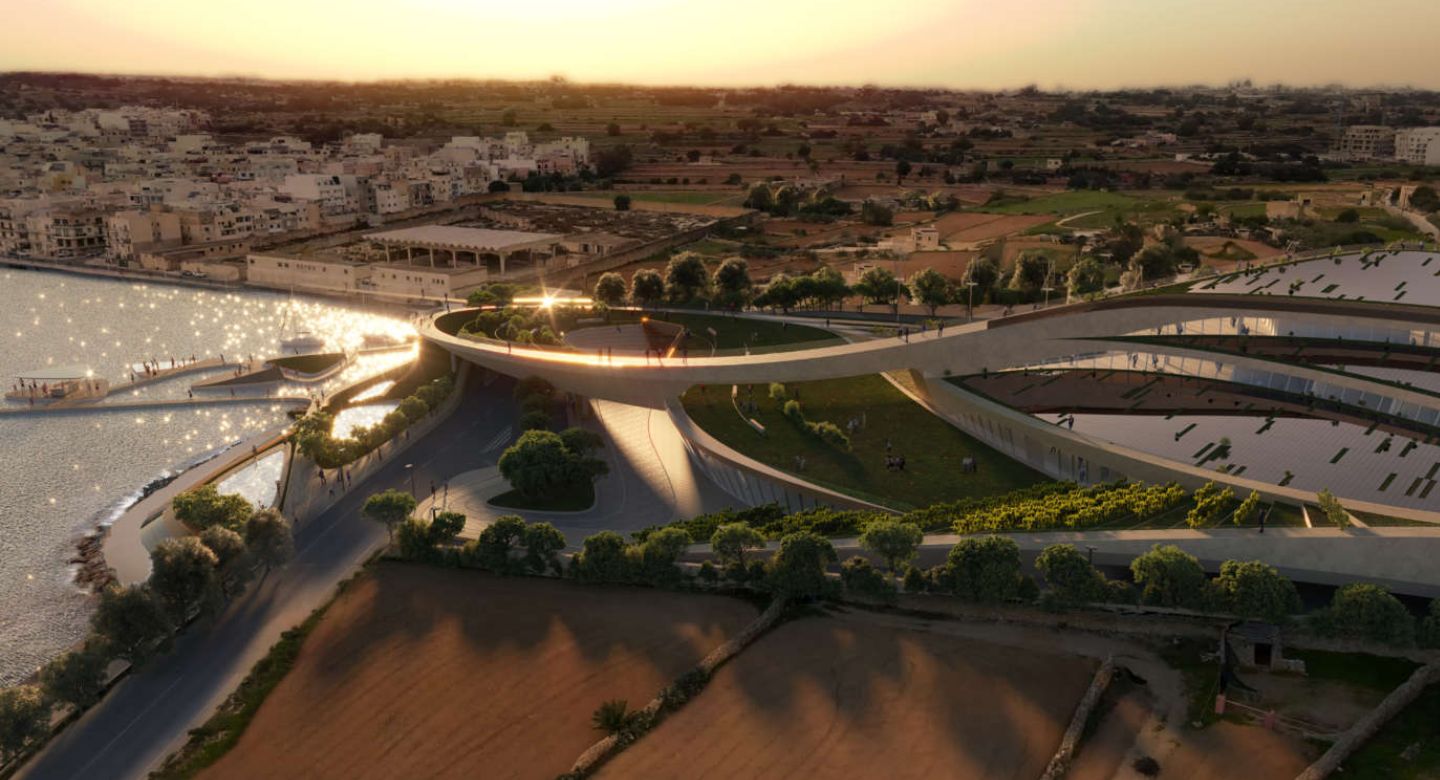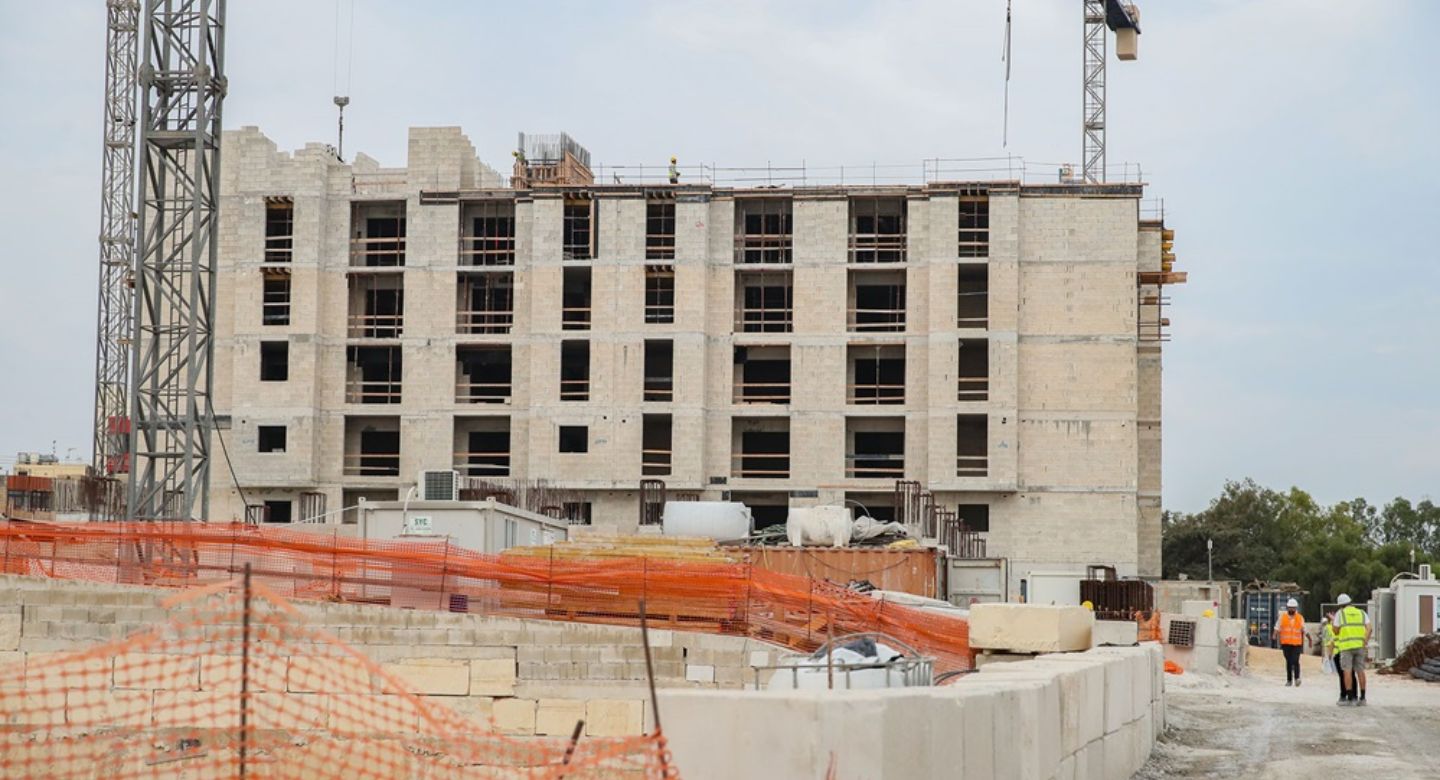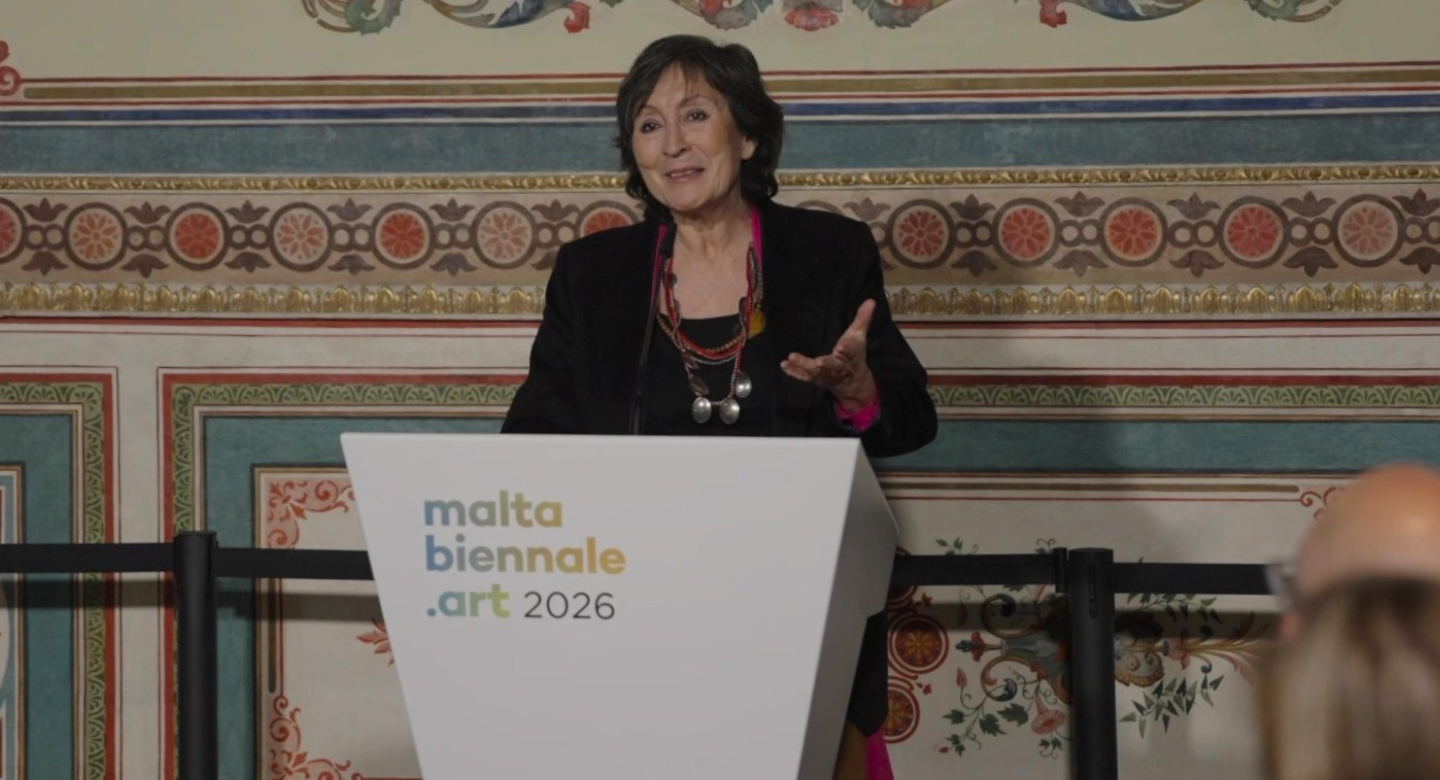Latest News

After years in limbo, Il-Qolla l-Bajda battery finally handed to Din l-Art Ħelwa
After years of delays, broken promises and bureaucratic limbo, the government has finally announced that it will sign a ..View More

No funds for Magħtab waste-to-energy plant project promised in 2017
Malta’s long-delayed waste-to-energy plant at Magħtab will not begin construction this year after the government conf..View More

Chief Justice stalemate set to drag on as major parties stall on anti-deadlock mechanism
After tensions between the Labour Party and the Nationalist Party over the appointment of Malta’s next Chief Justi..View More
Most read

Archbishop reports abbess over Mdina monastery, Vatican removes both from control
Archbishop Charles Scicluna has once again found himself at the centre of an internal Church controversy over valuable p..View More

Pre-election recruitment surge as OPM triggers hundreds of applications for low-grade posts
A fresh recruitment drive by the Office of the Prime Minister has triggered a surge of applications for low-grade civil ..View More

Top civil servant facing fraud charges coordinating OPM’s Valletta ‘propaganda cube’
A senior civil servant currently facing criminal charges of fraud and misappropriation of public funds has been entruste..View More

Botched works, mounting delays plague €7 million Ħal Far race track
Freshly laid concrete is already being dug up at the government’s long-promised quarter-mile race track at Ħal Far af..View More

Enemalta Chair attends commercial event promoting former employer
Enemalta’s Executive Chairman confirmed he was present at the glitzy inaugural launch of a new Chinese car model t..View More

Dalli revives pre-election Birżebbuġa proposal as elections near
Energy Minister Miriam Dalli has returned to Birżebbuġa to resuscitate her long-dormant €40 million is-Siċċa proje..View More

















